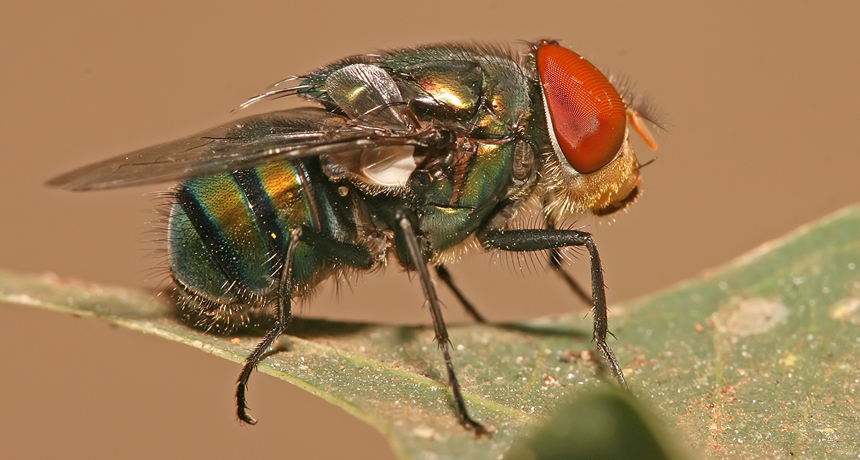biology The study of living things. The scientists who study them are known as biologists.
colleague Someone who works with another; a co-worker or team member.
ecology A branch of biology that deals with the relations of organisms to one another and to their physical surroundings. A scientist who works in this field is called an ecologist.
environment The sum of all of the things that exist around some organism or the process and the condition those things create. Environment may refer to the weather and ecosystem in which some animal lives, or, perhaps, the temperature and humidity (or even the placement of components in some electronics system or product).
evaporate To turn from liquid into vapor.
insect A type of arthropod that as an adult will have six segmented legs and three body parts: a head, thorax and abdomen. There are hundreds of thousands of insects, which include bees, beetles, flies and moths.
liquid A material that flows freely but keeps a constant volume, like water or oil.
mammal A warm-blooded animal distinguished by the possession of hair or fur, the secretion of milk by females for feeding their young, and (typically) the bearing of live young.
warm-blooded Adjective for animals (chiefly mammals and birds) that maintain a constant body temperature, typically above that of their surroundings. Scientists generally prefer the term endothermic to describe animals that generate heat to control their body’s temperature.
X-ray A type of radiation analogous to gamma rays, but having somewhat lower energy.

